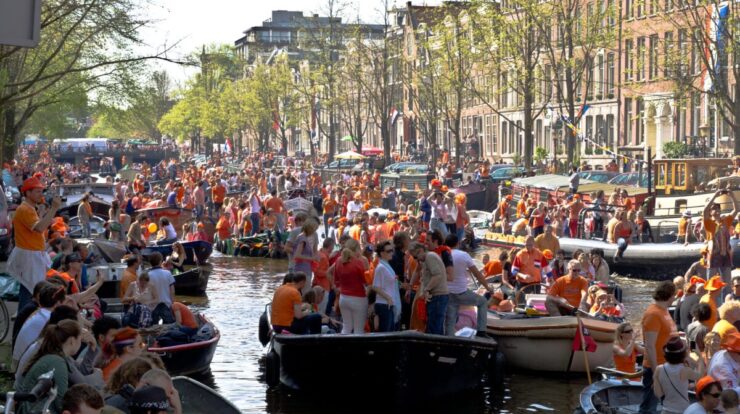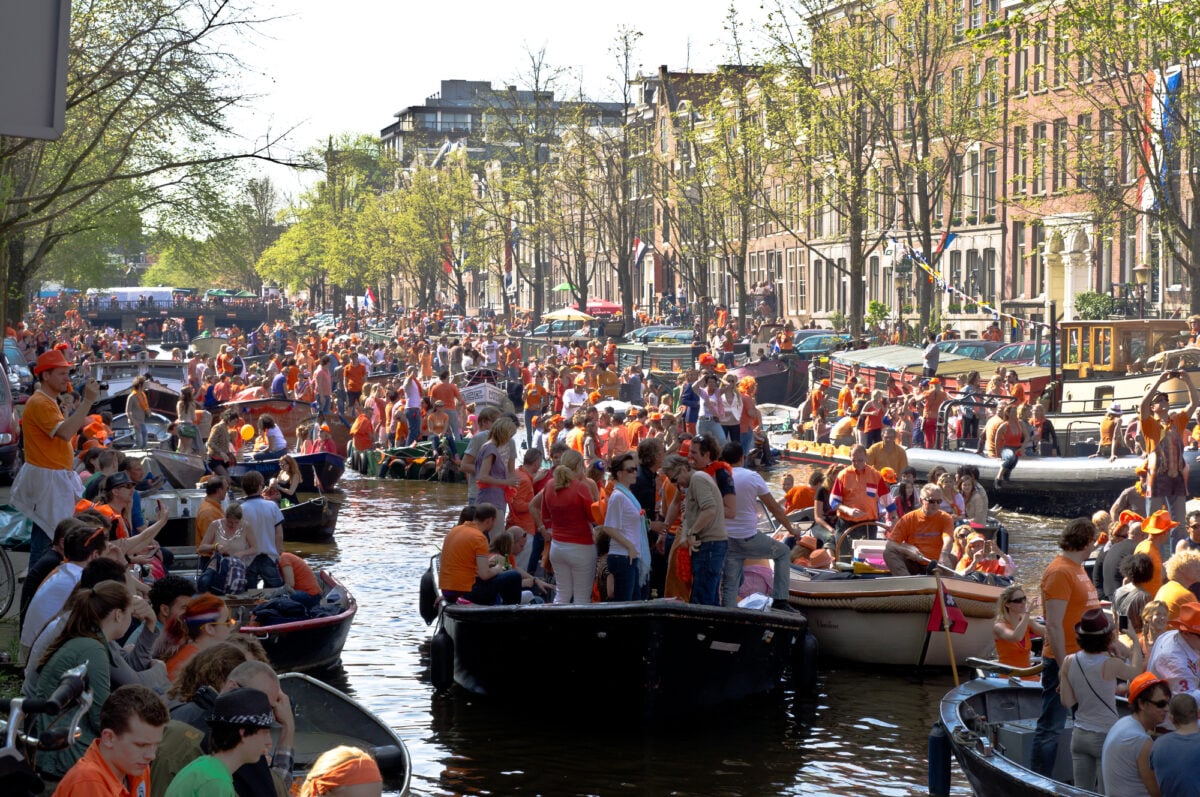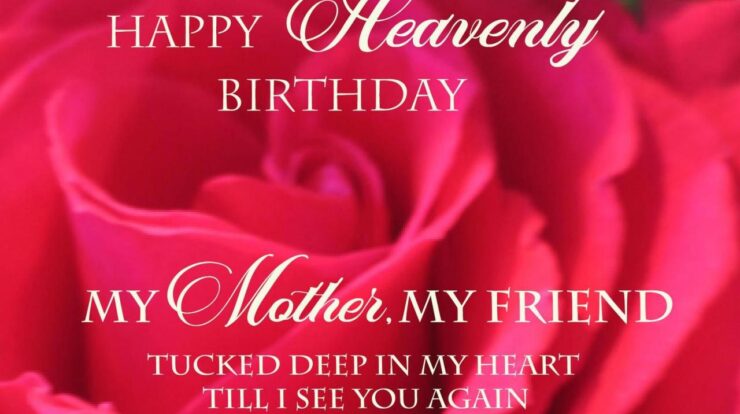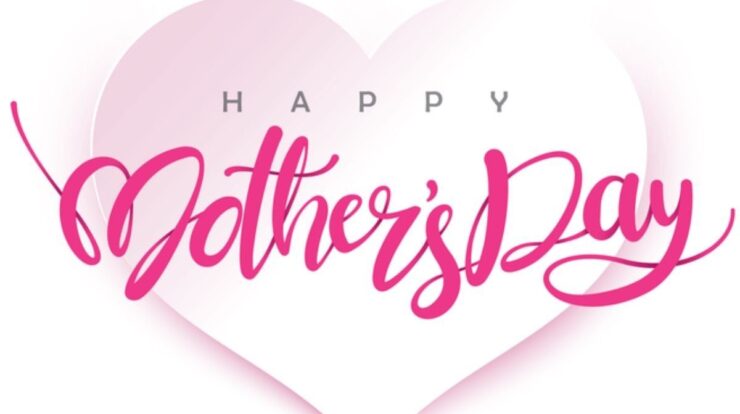
Netherlands Kings Day, an annual celebration honoring the Dutch monarchy, is a vibrant and captivating event that showcases the rich history, culture, and traditions of the Netherlands. Observed on April 27th, the festivities bring the country together in a kaleidoscope of orange attire, street parties, and a sense of national unity that is truly remarkable.
The origins of Kings Day can be traced back to the 19th century, when it was celebrated as the birthday of Queen Wilhelmina. Over the years, the event has evolved into a celebration of the entire Dutch royal family, with the current monarch, King Willem-Alexander, taking center stage.
Introduction: Netherlands Kings Day
Netherlands King’s Day is a vibrant and beloved annual celebration that honors the reigning monarch of the Netherlands. The event, observed on April 27, commemorates the birthday of King Willem-Alexander and has deep-rooted historical significance dating back to the 19th century.
Celebrations and Traditions, Netherlands kings day
King’s Day is a day of national revelry, marked by a kaleidoscope of festivities. The most prominent tradition is the wearing of orange attire, the color of the Dutch royal family. The streets come alive with street parties, flea markets, and open-air concerts, creating a lively and festive atmosphere.
Royal Family Involvement
The Dutch royal family plays a central role in King’s Day celebrations. The king and queen, accompanied by other members of the family, make a special appearance on the balcony of the Royal Palace in Amsterdam, waving to the cheering crowds below.
Other official events include a boat parade and a special performance by the Royal Concertgebouw Orchestra.
Economic Impact
King’s Day has a significant economic impact on the Netherlands. The influx of tourists, both domestic and international, boosts tourism revenue. Additionally, retail sales and hospitality businesses experience a surge in activity as people indulge in the festivities.
Cultural Significance
Beyond its economic impact, King’s Day holds deep cultural significance for Dutch society. It fosters a sense of national unity and pride, bringing people together to celebrate their monarch and their country. The event also showcases Dutch traditions and values, such as their love of music, art, and community.
International Recognition
King’s Day is not only celebrated in the Netherlands but also in other countries with Dutch communities. In Canada, for example, the event is marked with orange-themed parties and festivities in cities like Ottawa and Toronto. The event’s international recognition reflects the enduring legacy of the Dutch monarchy and the global reach of Dutch culture.
Future of King’s Day
As the Dutch monarchy continues to evolve, the future of King’s Day celebrations remains an intriguing topic. Some speculate that the event may become more inclusive, incorporating elements from different cultures and backgrounds. Others envision a more environmentally sustainable celebration, with a focus on reducing waste and promoting eco-friendly practices.
Last Word

In conclusion, Netherlands Kings Day is a vibrant and multifaceted event that celebrates the rich history, culture, and national pride of the Netherlands. From the lively street parties to the official royal appearances, the day brings the country together in a spirit of unity and festivity.
User Queries
What is the significance of the color orange on Kings Day?
Orange is the national color of the Netherlands and has been associated with the Dutch royal family for centuries. It is believed to have originated from the coat of arms of William of Orange, the leader of the Dutch revolt against Spanish rule in the 16th century.
What are some of the traditional activities associated with Kings Day?
Typical festivities include street parties, flea markets, music performances, and sporting events. Many people also dress in orange clothing and accessories to show their support for the royal family.
How does the royal family participate in Kings Day celebrations?
The Dutch royal family typically makes a public appearance on the balcony of the Royal Palace in Amsterdam. They also attend various official events and meet with members of the public.





